Why Your Toddler Refuses Food, and 10 Strategies to Encourage Them to Eat
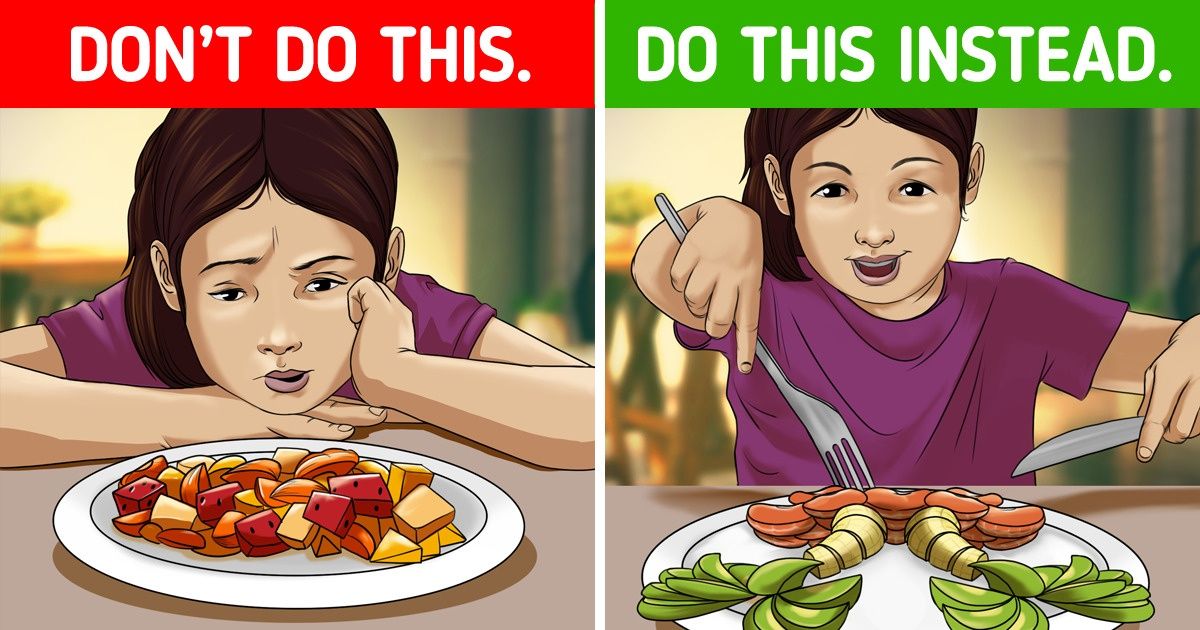
Many parents experience frustration when their child refuses to try a snack. Before you start worrying, keep in mind that this behavior is common in childhood and there might be many things causing it. In most cases, the lack of appetite is not due to anything important, but to normal things that all children go through during their lives.
At 5-Minute Crafts, we want to help you find out why your little one doesn’t want to eat. However, keep in mind that this article doesn’t intend to replace any professional advice. In all cases, it’s always best to make an appointment with your child’s pediatrician for a proper diagnosis and treatment if needed.
Why children sometimes refuse to eat
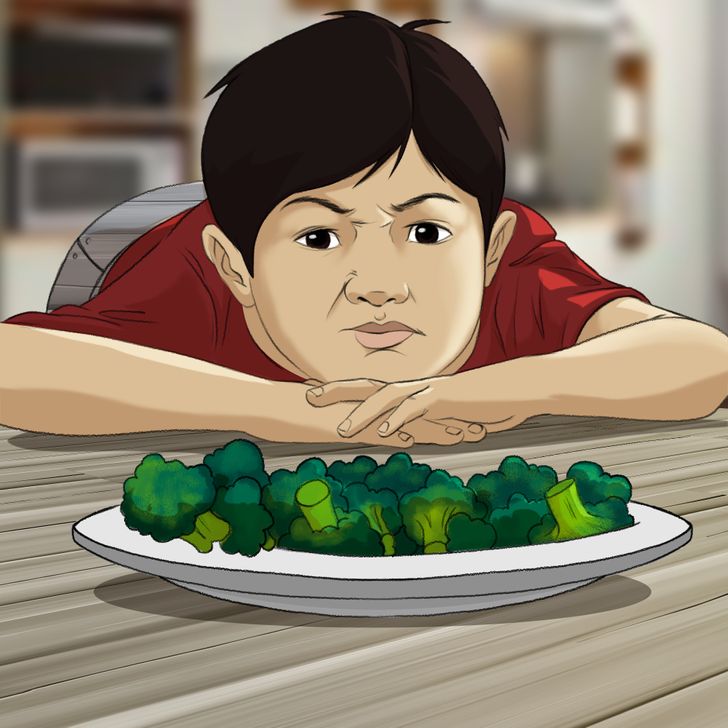
Nutrient intake during infancy and teenage years is extremely important for your body and mind to develop properly. That’s because, during this period, a great deal of neurological and physical changes take place. Occasionally, young children have a tendency to develop food-related problems, such as a poor appetite, selective food intake, or even a fear of eating in some cases. However, it’s important to remember that while these things can be very concerning for parents, they may actually be based on unrealistic expectations on their end. But typically, toddlers are healthy — they just have an appetite that varies according to their age.
1. Serve portions that are appropriate for their age.
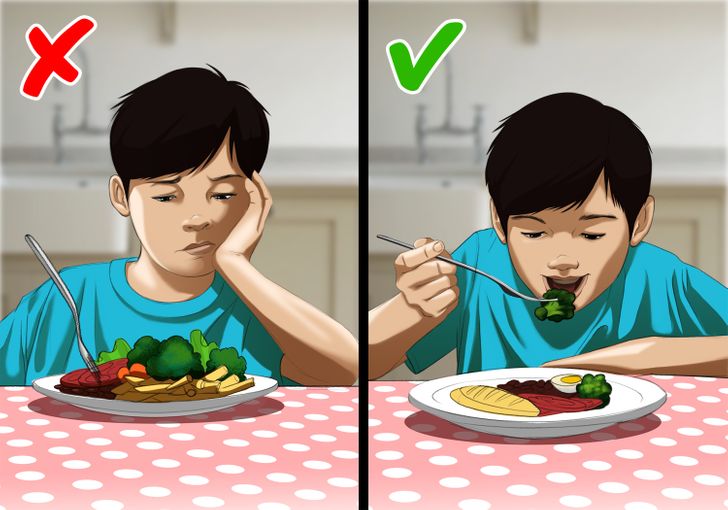
Maybe the problem isn’t that your son or daughter refuses to eat what you’re giving them, but that the portion you’ve served is too large and may even feel somewhat overwhelming to your child when they first look at it. Children need less food than adults, so try serving them a smaller portion on their plate. And don’t worry, if they’re still hungry, they’ll end up asking for more anyway. Remember that toddlers experience big changes in appetite throughout their lives, so sometimes they might need less food than usual, and other times they might actually ask for more.
2. Stimulate their appetite with creative presentations.
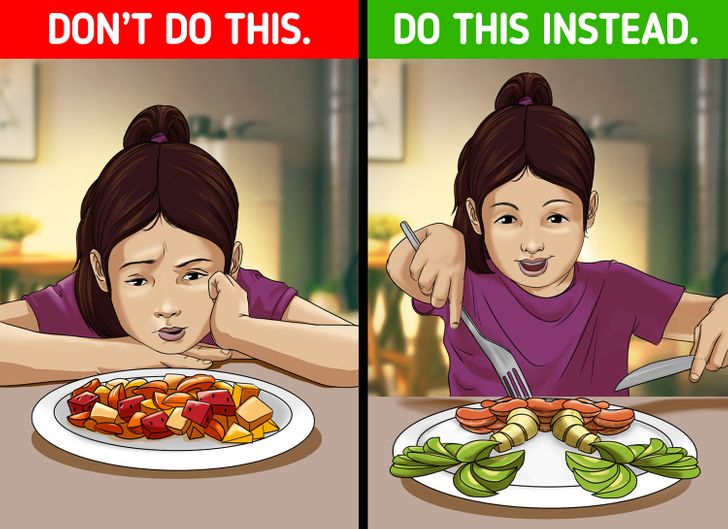
Try to make lunch or dinnertime as fun as possible so that your child looks forward to that time of the day. Children may be put off by the texture or appearance of some foods. Typically, things like broccoli might not seem like a great thing to eat when you’re a kid. That doesn’t really mean that your child is a picky eater. You can try making your dishes more appetizing by using star-shaped cookie cutters to present fruits and vegetables in a fun way to make them more appealing.
3. Don’t force your child to eat.
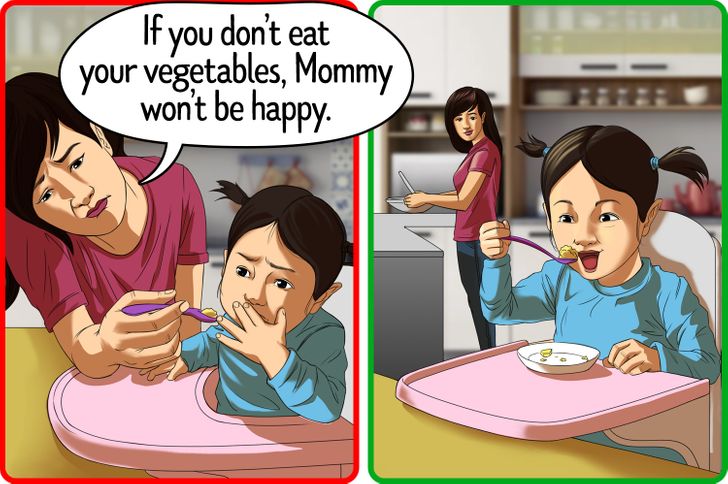
Mealtime should be a moment to enjoy yourself, and kids should also be able to enjoy it. It’s not a good idea to force your child to eat against his or her will, or to force them to finish everything on their plate. When children refuse food, they might actually be trying to assert their independence. It’s not an uncommon thing since it’s around this time that they develop their sense of autonomy, so they prefer to feed themselves and become selective in their food choices. It’s better not to think of it as a rebellion against you, but more as a phase of their development.
4. Gradually introduce new foods.
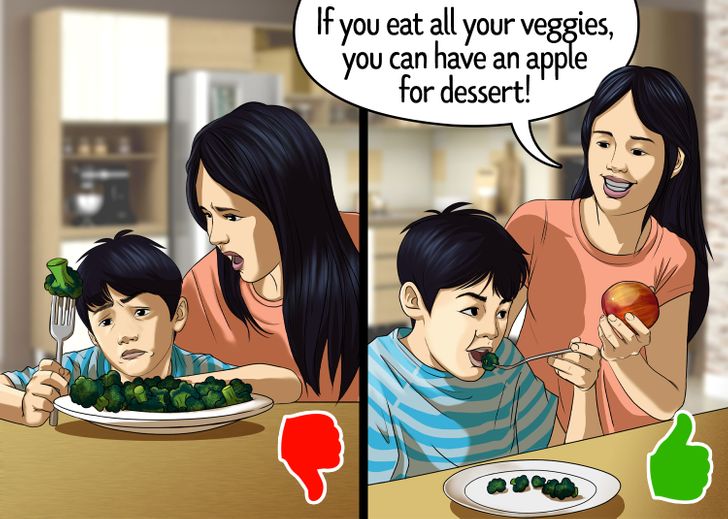
When some children are reluctant to try new foods, their parents usually think that they do so because they’re picky eaters. However, it’s perfectly normal for little ones to reject unfamiliar tastes or textures. If you want to get past this, when your child tries new foods, you can try starting with just a small amount and offer their favorite food first as an incentive to try the new ingredient. After a while, they might get used to it and find it normal to have this new food.
5. Avoid distractions during mealtime.
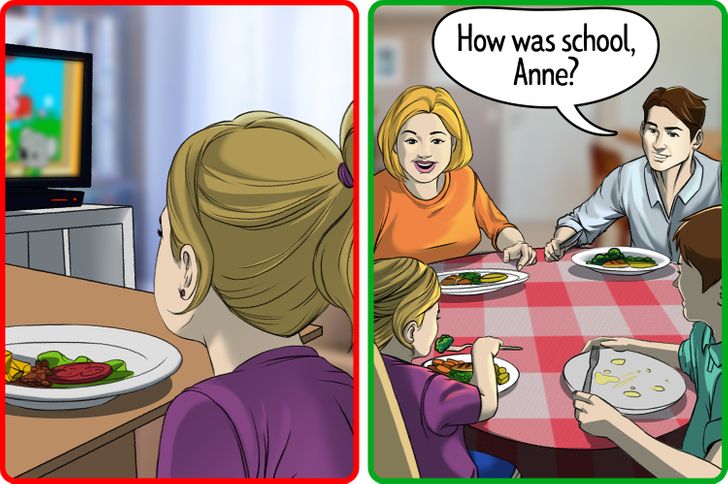
If you allow your child to watch TV or play with a tablet or cell phone, they may lose all interest in eating or in other things. You might want to consider establishing some boundaries and even restricting the use of electronic devices while, at the same time, promoting family bonding by enjoying a mealtime conversation. After all, eating is a social activity for humans, so it’s the perfect moment to share experiences and thoughts. Make sure the eating area is relaxed and that the chair fits your little one so he or she is comfortable at the table.
6. Include your children in activities related to food, such as cooking or shopping.

One of the most important things when it comes to helping your child understand food better, in general, is to involve him or her in the cooking process to understand better what they have on their plates every day. This includes inviting the child to join you on shopping trips and be included when choosing food to pique their interest. Try taking them with you when you go to the store and let them pick out some healthy items they’d like to try. And let your kids help you prepare the food. They can do small tasks, like set the table, wash fruits or vegetables, peel them, etc.
7. Reduce the intake of sweets and sweet beverages between meals.
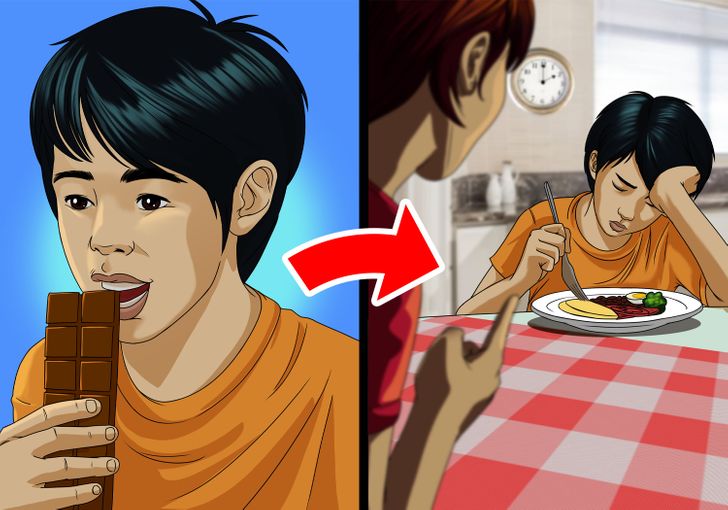
Sometimes, when lunchtime or dinnertimes comes, children might not even be hungry at all because they’ve had too many snacks and sodas throughout the day. A child’s stomach is smaller than that of an adult, so it doesn’t need much food to fill up. If you suspect this is what’s causing your toddler’s poor appetite, you should start paying attention to everything he or she eats to make sure you can correct this issue as soon as possible. If you notice your child eats too many sweets or sodas, you might want to consider replacing them with water so that they’re really hungry when it’s time to eat.
8. Become a role model for them.

It’s important to remember that young children learn about food and food preferences by observing how other people surrounding them behave when eating. That’s why the example you set can change everything. Try to let your children see you eating a healthy diet that’s high in vegetables and fruits instead of treats and sweets. This will help them gain the confidence to try these foods and accept them easily.
9. Check if their lack of appetite is due to lack of attention.
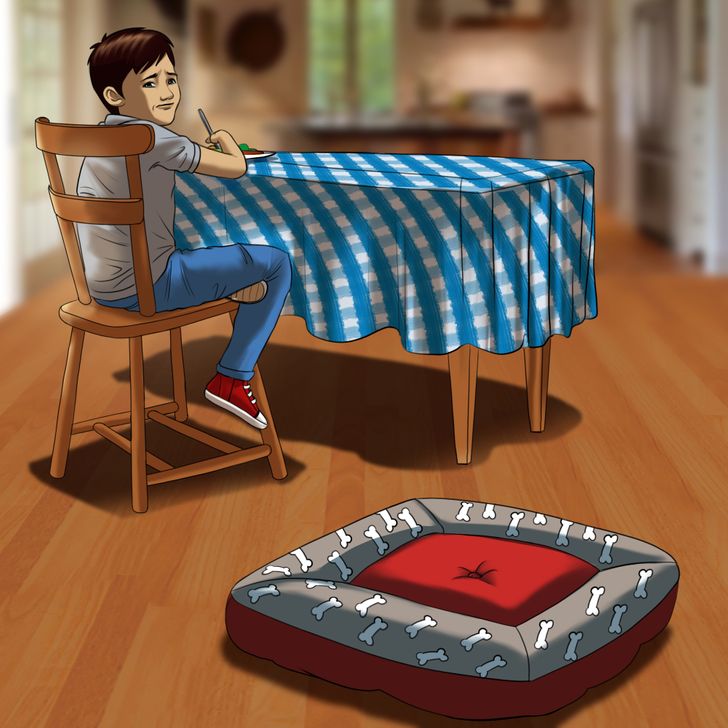
Sometimes changes that might seem unimportant to you as an adult might feel huge for a child. Think, for example, about if your family moved to a new house or town. Your kids might have to make new friends and adapt to a whole new life. This change could also be caused by a loved one passing away, be it a family member or a pet. All of these stressful situations can cause your child to lose his or her appetite. Before worrying too much about it, remember that, in most cases, this is just a temporary situation. You can help them feel better by offering them peace of mind and by talking to them if they need it.
10. Reward your child in the right way.
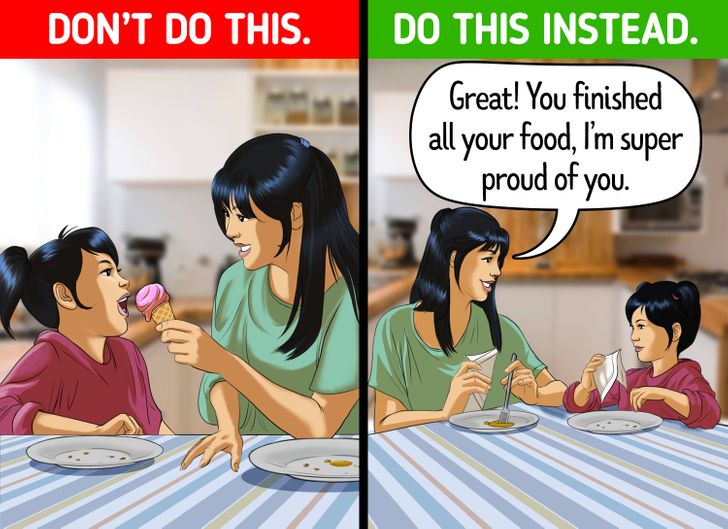
Parents often use strategies such as promising them dessert if the child tries new food. Eating unhealthy foods like chips or ice cream increases excess calorie intake and causes children to eat when they are no longer hungry, so maybe that’s not the best idea if you’re trying to promote a healthy diet. Instead, you can use praise to let them know you’re proud of them.